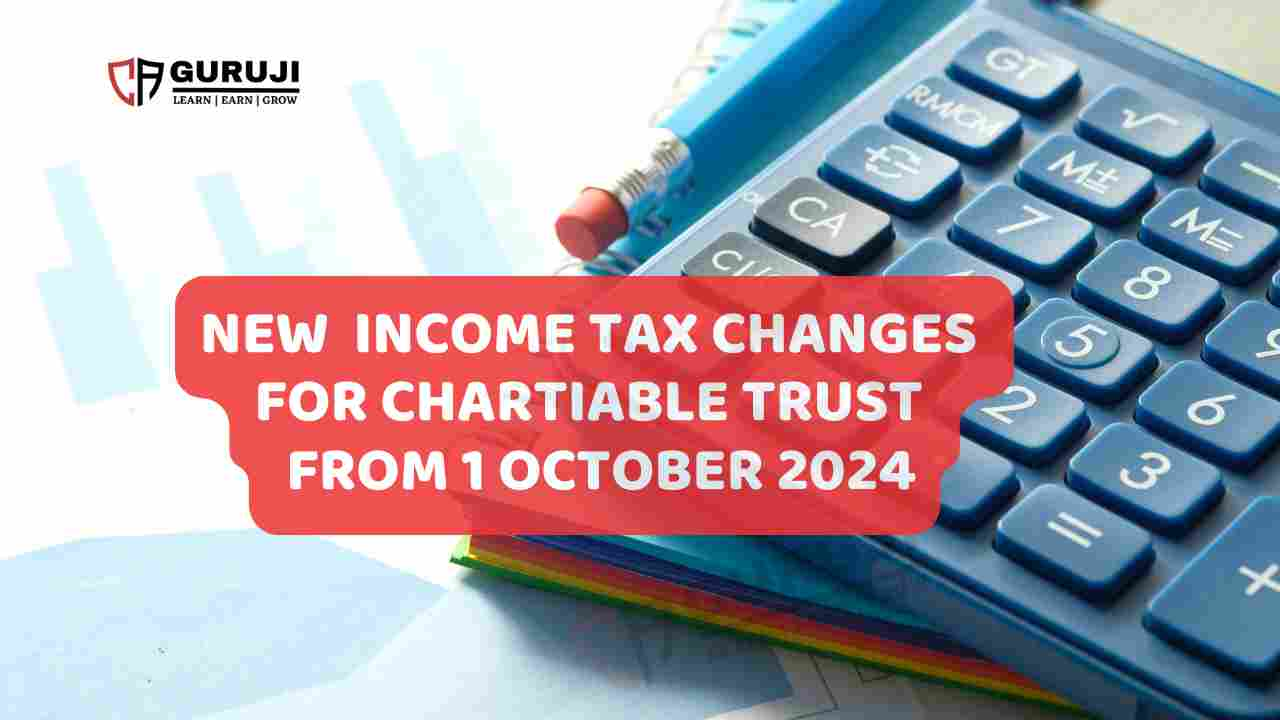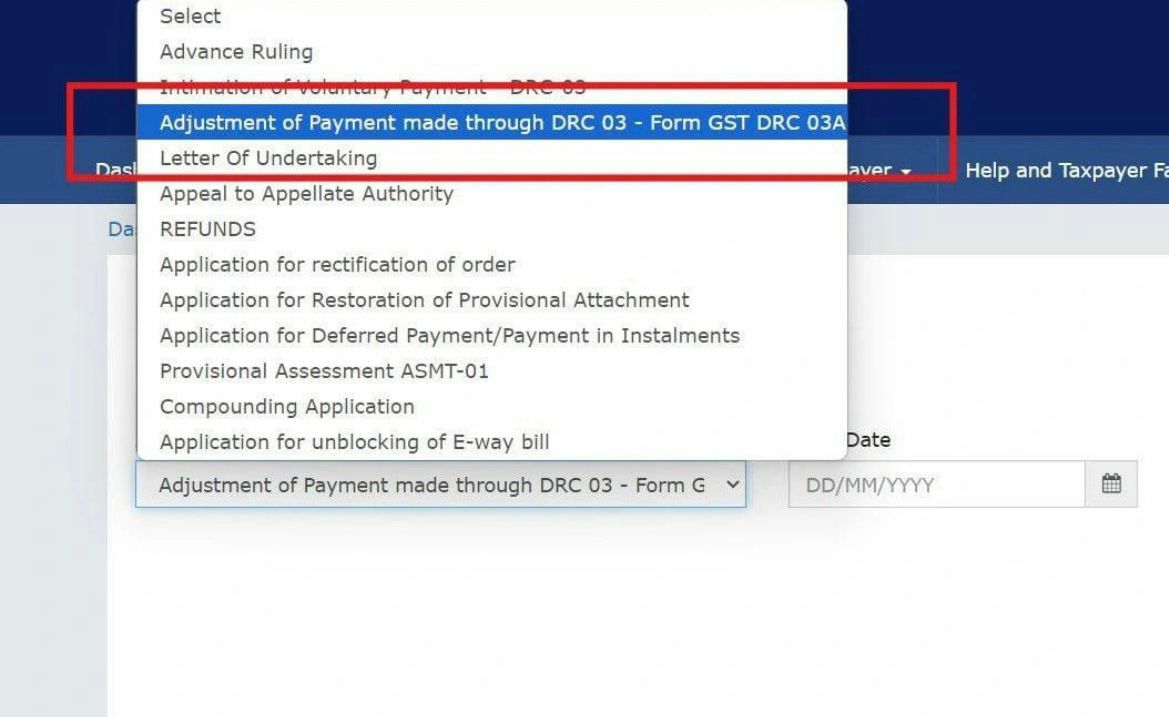The Finance Minister, Nirmala Sitharaman, introduced significant changes for charitable trusts and institutions in the Finance (No. 2) Bill, 2024. Aimed at simplifying procedures, reducing administrative burdens, and providing greater clarity, these amendments primarily impact the provisions governing charitable trusts under the Income Tax Act, 1961. Below is a detailed overview of these changes, including the rationalisation of the regimes for charitable institutions, along with examples for clarity.
Key Amendments for Charitable Trusts
Merger of Two Tax Exemption Regimes
Charitable institutions currently claim tax exemptions under two different regimes:
- First Regime: Sub-clause(s) (iv), (v), (vi), or (via) of Section 10(23C)
- Second Regime: Sections 11 to 13
Although both regimes grant tax exemptions to charitable entities, the government has decided to simplify the process by phasing out the first regime and transitioning all institutions to the second regime.
What Will Change?:
- From 1st October 2024, no new applications will be accepted under the first regime (Section 10(23C)).
- Applications filed before this date will be processed under the current regime.Institutions currently approved under the first regime can retain their exemptions until the approval expires.
- Once it does, they must register under the second regime (Sections 11 to 13).
- Certain investment protections under the first regime will continue to be valid under the second regime, as specified in Section 13.
| Date | Applicable Provision | Application Status |
|---|---|---|
| Before 1st October 2024 | Section 10(23C)(iv), (v), (vi), (via) | Applications processed under existing regime |
| After 1st October 2024 | Section 12AB | Institutions required to apply under Section 12AB |
Condonation of Delay in Filing for Registration: Under the current provisions, charitable trusts and institutions must apply for registration under Section 12AB within specific timelines. If they fail to do so, they may be subject to tax on accreted income (exit tax) under Chapter XII-EB of the Act, potentially leading to a permanent loss of their exemption.
Amendment: The Principal Commissioner or Commissioner will now have the authority to condone the delay in filing for registration, provided there is a reasonable cause for the delay.
Rationalisation of Timelines for Filing Under Section 80GSection 80G provides tax deductions to donors for donations made to approved charitable institutions. Currently, institutions must apply for approval within specific timelines, and failure to do so may result in the permanent loss of Section 80G benefits.
Amendment: The timelines for filing applications for approval under Section 80G will be rationalised, providing institutions with more flexibility to retain their Section 80G status.
Extension of Timelines for Disposing of Applications for Registration/ApprovalCurrently, applications for registration under Section 12AB or approval under Section 80G must be processed within six months from the end of the month in which the application is received.
Amendment: This timeline has been revised to six months from the end of the quarter in which the application is received. This change allows the Income Tax Department more time to process applications.
Merger of Trusts and Exit TaxTrusts or institutions that merge with another registered entity may attract the provisions of Chapter XII-EB (exit tax). To provide clarity, conditions will be prescribed under which such mergers will not attract exit tax.
Example:
- A charitable school merges with another registered charitable institution with similar objectives. If the merger meets the prescribed conditions, it will not trigger the exit tax.
Inclusion of New Clauses in Section 11(7)Sub-section (7) of Section 11 will now include references to clauses (23EA), (23ED), and (46B) of Section 10. This amendment allows trusts registered under Section 12AB to also claim exemption under these specific clauses.
Example:
- A trust registered under Section 12AB may now also claim tax exemption under Section 10(23ED) if applicable.
The amendments proposed in the Finance (No. 2) Bill, 2024, bring about significant changes for charitable institutions. By simplifying the registration process, allowing for more flexibility in filing applications, and ensuring that the transition between regimes is seamless, these changes aim to reduce administrative burdens while maintaining tax benefits for charitable trusts and institutions.
These changes will take effect from 1st October 2024 and provide greater certainty for the charitable sector, enabling them to focus on their philanthropic missions without facing undue administrative hurdles.
Visit www.cagurujiclasses.com for practical courses











